How do you publish and distribute comics during a pandemic? It seems like a Herculean task, to say the least. And yet, there are plenty of small press publishers out there doing just that, right now. One of these publishers is QUINDRIE PRESS.
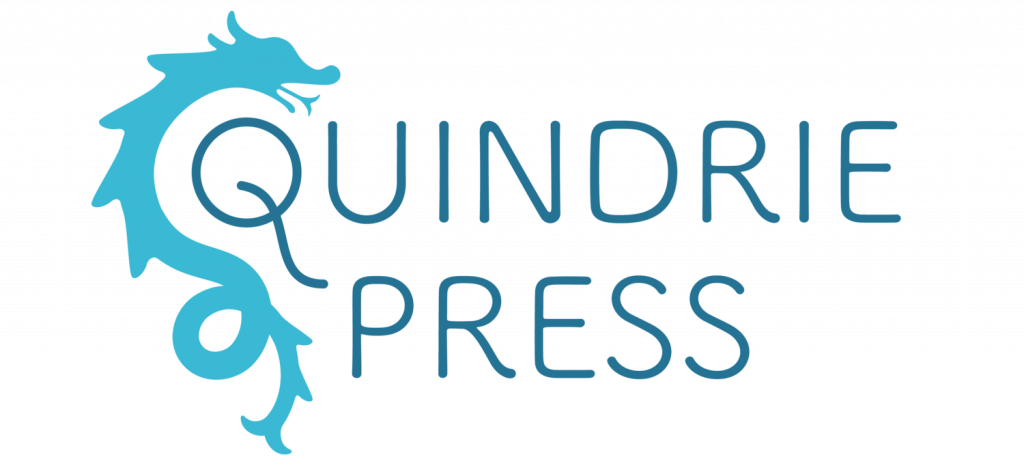
Quindrie Press, founded by Eve Greenwood in 2020, is an independent comics publisher based in Edinburgh, Scotland.
According to their website, The focus of Quindrie Press “is to provide creators with the opportunity to work on passion project comics that haven’t found their home anywhere else. [They] have a particular interest in helping marginalized and upcoming creators to publish their work.”
You can find out more about Quindrie Press by visiting their website or by following them on Twitter or Instagram.
I thought I’d send Eve Greenwood some questions about what publishing is like in these strange times, and they were kind enough to answer
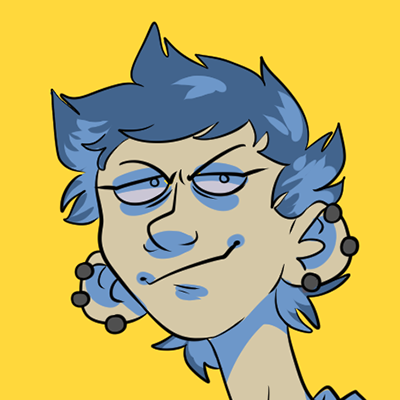
Out of all the things you could possibly be doing with your time, you all decided to publish comics. Why is that?
Because people have comics that need to be made!
Being a comic creator myself, I know exactly how many comic ideas have to be pushed to the back burner to make room for freelance work, or are hopefully pitched but never find a home. We’re all so full of stories, and I wanted to do my part to make sure those comics get made by offering artists a chance to work on those passion projects.
How has the world of comics publishing been impacted by the pandemic?
Naturally, the loss of conventions has been a huge blow. Conventions are at the very heart of the comics scene, being the few times a year that comic creators actually get a chance to meet and talk to their peers in person, and were also a major source of income for publishers and artists alike. The UK also has Brexit to deal with on top of the pandemic, inflating the cost of international postage and causing all sorts of other issues, so it’s definitely been a rough year for indie presses here.
But not all is lost. We still have a lot of rough edges to smooth out when it comes to virtual events, but some conventions have had successes by going totally digital (which I’m excited to see continue even after the pandemic is over so that cons can become more accessible than ever before). Offering digital copies of your comics has become more and more popular. And people are still – maybe even more – interested in buying comics, especially independent work. I think the world of comics publishing has certainly hit a big bump, but the audience is still out there and the avenues for sharing in a digital space are available.
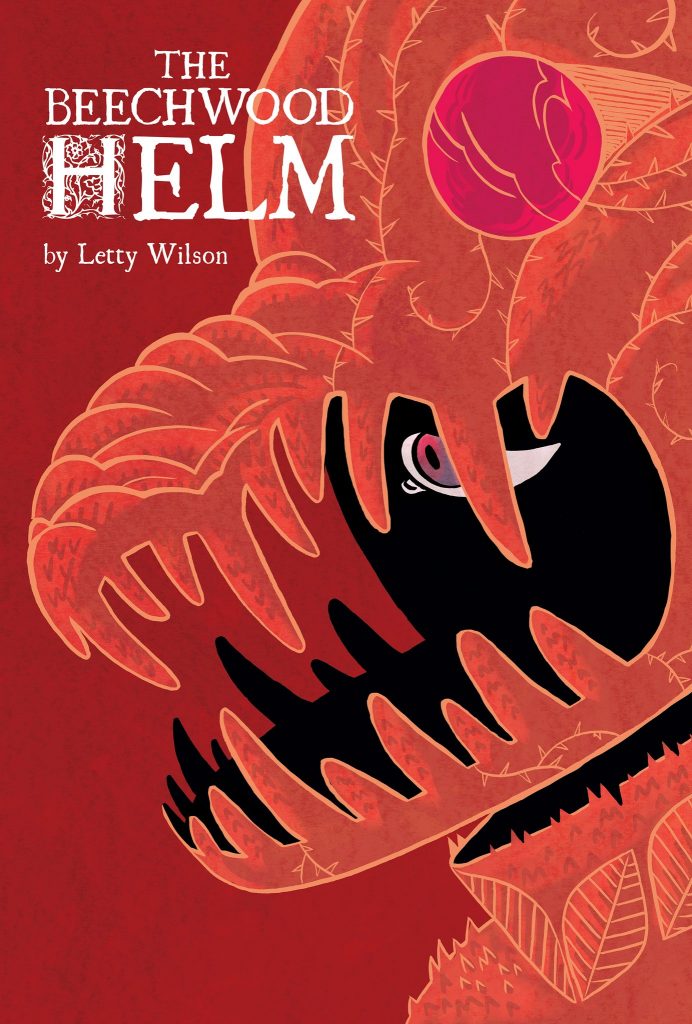
What would you say is the ethos of Quindrie Press? Are there particular types of books you look to publish?
Quindrie Press at its core is about highlighting marginalized and upcoming creators, starting in Scotland and slowly expanding our scope. Comics has a history of prioritizing privileged voices, usually cis, white, and male, and this is still largely the case in mainstream Scottish comics. Scotland has an incredible indie comics scene though, and one of our main focuses is to bring attention to those creators and make sure their work is reaching a wider audience. We also want to give a leg up to creators who have never been published before and haven’t experienced bringing a comic through the entire “editing to pre-press” process.
When it comes to the comics themselves, we want to see stories that the creators are passionate about brought to life, without worrying about whether the story fits in an anthology theme or if it will appeal to a wider audience. We want to look for stories that only that creator could tell, and make sure they have the chance to tell it.
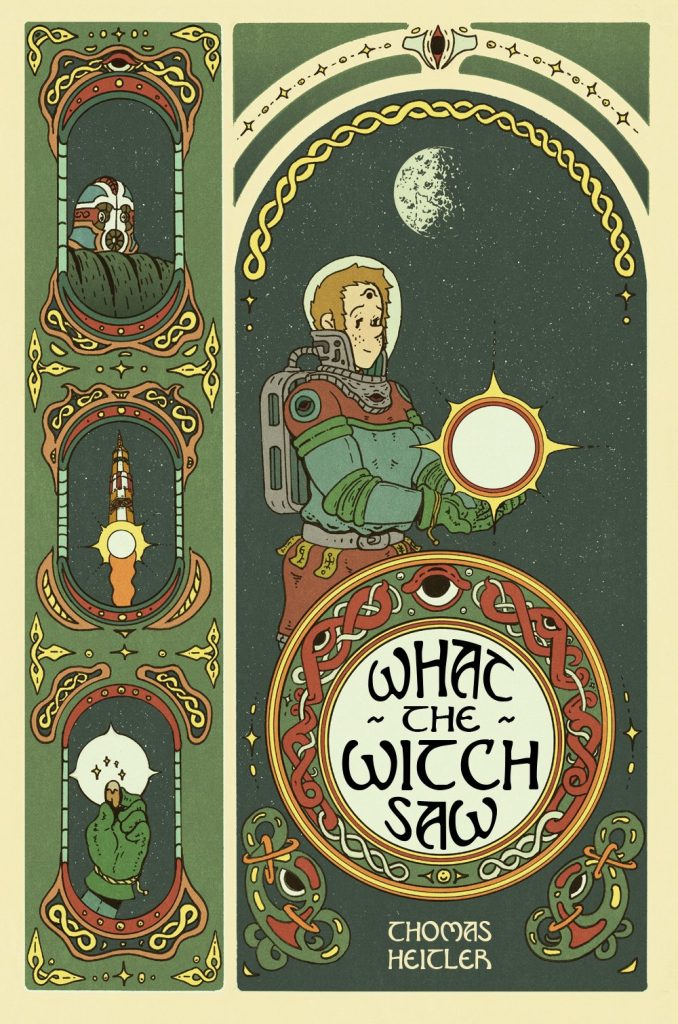
What is it like working on a major project like trying to fulfill your latest Kickstarter during the COVID-19 pandemic? Has anything changed about your process or your planning?
The pandemic has definitely been an interesting obstacle. With all the stress and uncertainty it has caused, we wanted to make sure our artists were given the time they needed to finish their work comfortably. The planning process itself hasn’t really changed much though; the Quindrie comics were always going to go to Kickstarter and they were always going to have to be sent out in an uncertain, post-Brexit world. Having filled another Kickstarter campaign recently, I can say that not much has changed about the process as a whole. We know the readers are there, and the experience of that previous campaign makes me think we’re in an even better position for this one. Honestly, the only major thing that has changed was the massive launch party I was daydreaming about when first planning the project last year!
What do you think the world of small press comics looks like when this pandemic is all said and done? What role do you think small presses like yours have in the aftermath of all of this?
I think we’ll start to see more experimentation with format; selling work entirely online means you’re not always beholden to the limitations of print, and indie work has always forged the path when it comes to innovation. Webcomics already dominate the digital field and have done incredible things that print comics just aren’t capable of, and the idea of small presses beginning to harness that energy is very exciting to me.
I’m hopeful that reader support will mean struggling small presses will be able to pull through the pandemic. Small presses have always been important, but I think as the comics industry grows it’ll become even more important for creators to have more than the same few publishers to pitch to. Small presses often give creators more freedom to tell the story they want to tell and to play with themes or format in a way that a larger publisher might discourage. Losing small presses means losing the voices of a lot of artists, or at least making it harder for them to be heard.
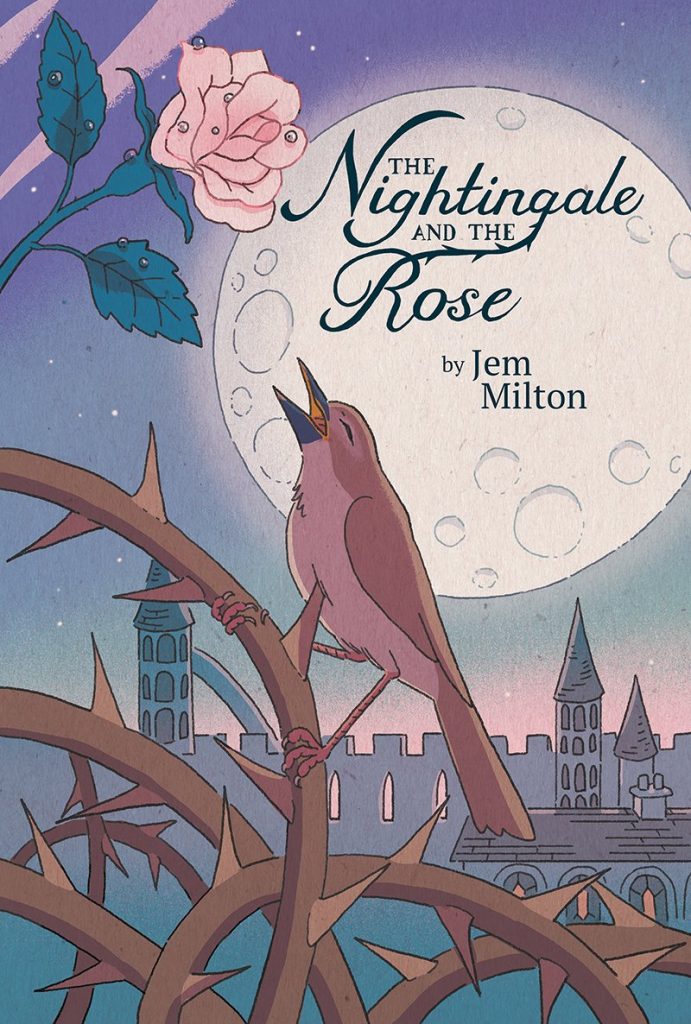
How do you all find the people you work with? Do you offer mentoring or other services to those people?
Comic conventions and social media have been where I’ve found nearly all of the creators I work with. One would think that with such a specific industry in such a small country, one would know everyone involved, but I’m constantly discovering new local artists and writers. Hashtag events on Twitter like #DrawingWhileBlack are also a great way to find creators I hadn’t heard of before, and in the near future we’ll be opening up submissions to make sure we don’t rely on happening to cross paths with an artist in order to see their work.
We don’t currently offer any mentoring, but who knows what could happen in the future!
Are you considering inequities or other historical considerations (for example, working with cartoonists of color and LGBTQ+ cartoonists) as you determine your publishing slate?
Inequality is absolutely something we consider. As I said before, highlighting marginalized creators at the very heart of what we aim to do with Quindrie Press. Myself and Alex Assan (Quindrie Press’s in-house editor) are both queer, and so are three out of the four artists in our starting lineup. Some future projects that are currently in the planning stage will solely involve queer creators and editorial/pre-press teams. Moving forward, I want to make sure that we continue to commit to our goal of uplifting marginalized creators, particularly Black creators and creators of color.
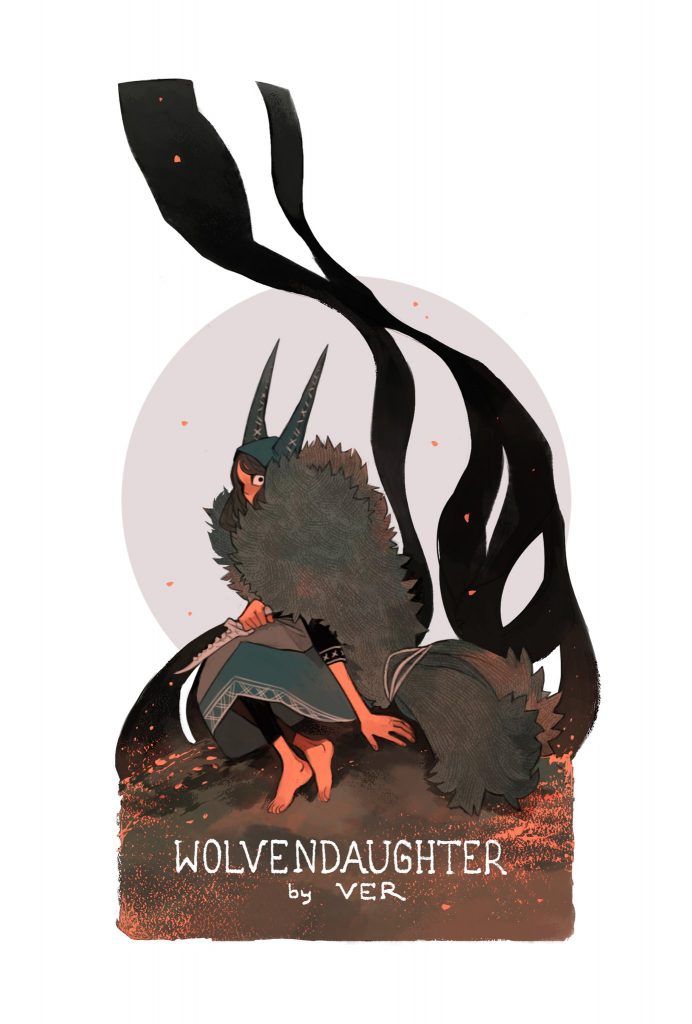
Thanks so much for your time and your words. Any last thoughts you’d like to leave with?
I want to give a huge thank you to Ver, Letty Wilson, Jem Milton, Thomas Heitler, and Robbie Keiran for taking a chance on Quindrie. They’ve made some truly incredible work and I’m so proud to be the one who gets to share it.
If you want some beautiful, heartbreaking comics by some awesome Scottish creators, check out the Kickstarter for Quindrie Press’ starting lineup! I’m so excited to finally get to show off everyone’s hard work and get these comics into people’s hands after a whole year of having to keep them between Alex and I.
Also – start drawing that comic you’ve been thinking about.
SOLRAD is made possible by the generous donations of readers like you. Support our Patreon campaign, or make a tax-deductible donation to our publisher, Fieldmouse Press, today.

Leave a Reply